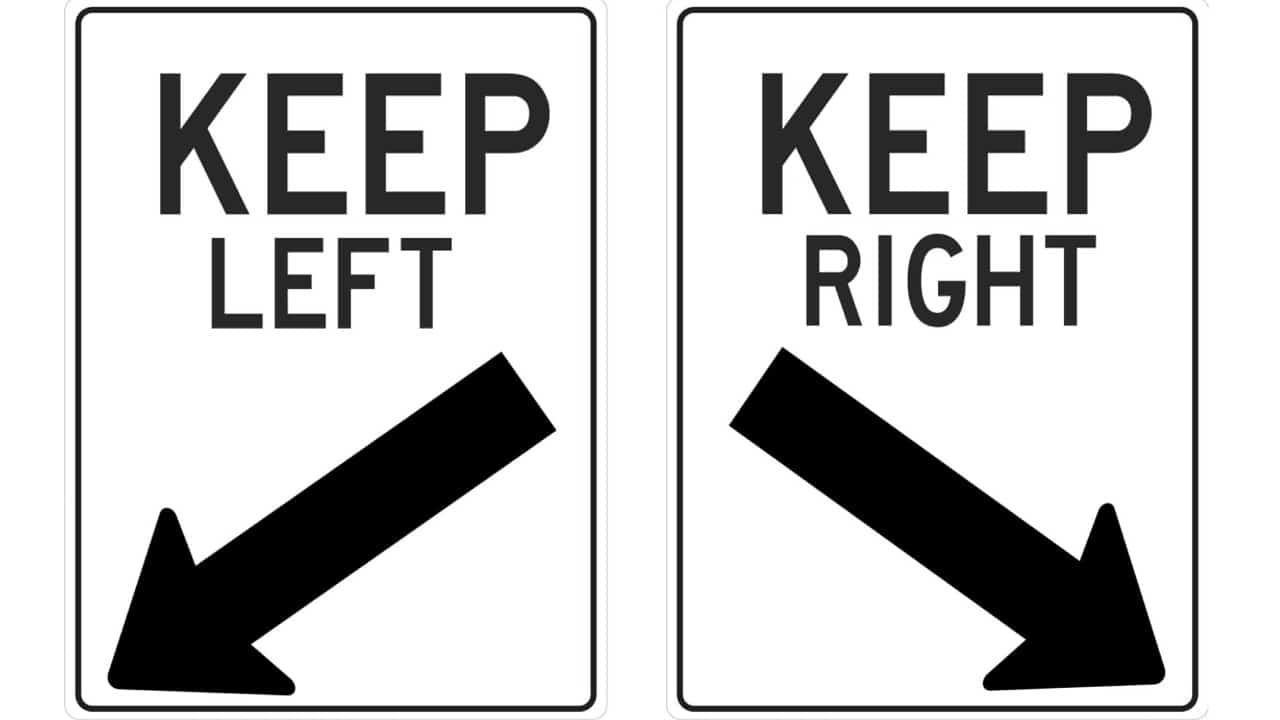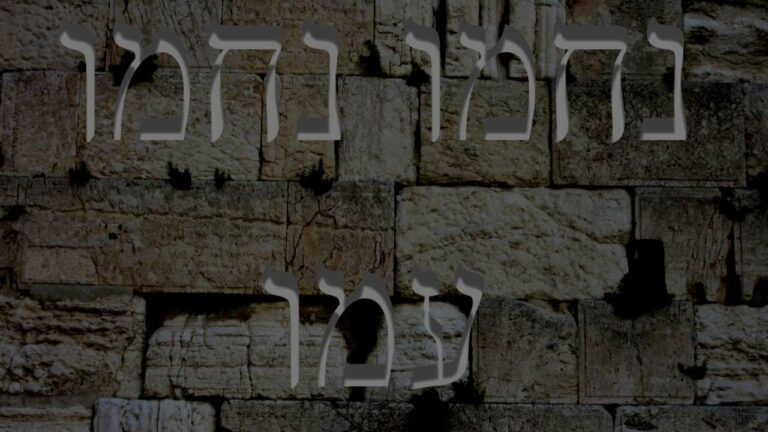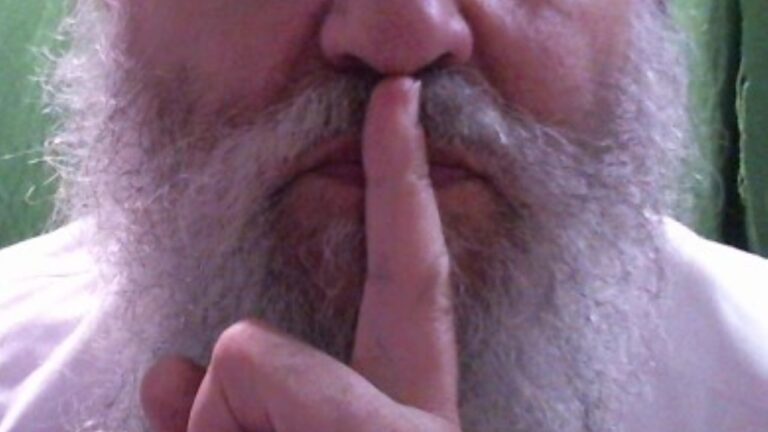Listen to the Rabbis – Emor
Someone didn’t want to listen to Moses in this week’s parsha – and it didn’t’ work out well for him!
In Parshas Shoftim (which is not this week’s parsha), the Torah teaches “You shall come to the Kohanim, the Levites, and to the judge who will be in those days; and you shall inquire and they will tell you the word of judgment. You shall do according to the word that they will tell you, from that place that Hashem will choose, and you shall be careful to do according to everything that they will teach you.” [Devorim 17:9-10] The Torah here strongly warns future generations to follow the words of the Sages of their respective eras. We are exhorted “…You shall not turn from the word that they will tell you, right or left.” [Devorim 17:11].
Therefore, if we – non-Rabbis – feel that the Rabbis are doing something that goes against the Torah, it is imperative to corroborate this with another Rabbi. Rabbis are not infallible, but if their words aren’t “PC” or their actions seem to cause harm to us or others, G-d has told us clearly in the Torah that we are to nevertheless listen to their words and accept their judgements.
Even when we don’t want to.
Even when we feel it isn’t fair!
At the end of this week’s parsha we see this happening with disastrous results.
A man – who was the result of an incestuous relationship between a Jewish woman and an Egyptian man – was not pleased with his location in the Jewish Camp. He demanded that he be allowed to pitch his tent in the camp of Dan. Moshe ruled that he could not go there. Since the tribe goes by the father, and his father had no tribe, this man – who was considered completely Jewish because his mother was Jewish – had no place in the camp! Rather than accept his sorry state in life, he cursed the name of Hashem (saying the Holy name explicitly), and he was therefore stoned to death, losing his share in this world and the world to come.
Moses was not infallible; his many errors were laid out for all of us to see in the Torah. However, when he gives a ruling, one has to be pretty sure of himself to go against this ruling. Rabbis today are a bit more “human” than Moses, but still if they give a ruling, or they act towards us in a way that we don’t like, it behooves us to seek council from someone wiser than us to see if this type of behavior is within the boundaries of the Torah or not.
But to get angry at a Rabbi and curse him – or worse, to curse G-d – can result in your losing your share in both this World and the Next World.







